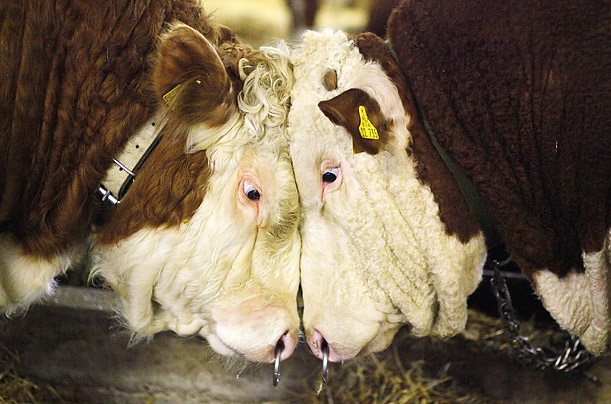Warren Kinston
16. January 2014 10:00
Time, as part of space-time, is one of those basic physical universe realities. Or is it?

I have just read the latest collection of articles from the Scientific American. The accounts were fascinating and rather diverse. But before I comment, let’s review my first engagement with time in the Taxonomy.
You may recall that I identified four experiences or realms of time in, of all places, the production of goodness. There is linear time: the time of the hero. I mean you and me in our daily struggle. Then there is cyclic time: the time More...
About
Warren Kinston
Warren Kinston
1. January 2014 10:00

The scientific culture of the 20th century had a phobia of subjectivity and anything to do with the mind. Not unreasonably, because scientists saw how subjective intrusions disrupt thinking and investigating.
For much of the last century, psychology divided into two battling camps. On the one side were psychoanalytic sympathizers who aligned with Freud's discoveries but not his scientific bent. On the other side were scientific behaviourists who ruled that the mind was non-existent or irrelevant and impossible to study with empirical methods. Most natural scientists were sceptical More...
About
Warren Kinston
Warren Kinston
13. October 2012 11:00
Are the frameworks in the taxonomy, THEE, the product of empirical inquiry?

Yes—if you mean they are based on accumulating replicable observations of actual phenomena. This is what empirical inquiry is about.
No—if you mean they are developed via conventional sense perceptions of concrete physical objects. This is what the prevailing materialistic ideology of science demands.
You are an unusual person if you haven't been thoroughly indoctrinated into More...
About
Warren Kinston
Warren Kinston
29. July 2012 10:00
Q: What is a “thing”?
 A: A “thing” is something that “is”. From a systems perspective, for a “thing” to “be”, it must have a “content” which has a “context”. A context constrains and influences the content. In the world, any Thing + its Context combines to be perceived as a new Thing which then has its bigger, more encompassing Context and so on. Eventually every Thing is included.
A: A “thing” is something that “is”. From a systems perspective, for a “thing” to “be”, it must have a “content” which has a “context”. A context constrains and influences the content. In the world, any Thing + its Context combines to be perceived as a new Thing which then has its bigger, more encompassing Context and so on. Eventually every Thing is included.
Q: What is the context for Everything?
A: Nothing.
Q: Is Nothing some-thing? (Because, if it is, then it needs a context.) More...
About
Warren Kinston
Warren Kinston
29. May 2012 12:00

Prediction in science is easy, if it's a physical science. But not too much should be expected from findings in the social sciences—so says a Professor of Philosophy. How right he is. He was asking if social science is useful for guiding public policy. But is that the correct question?
The question here is not whether social science is useful or not for prediction. (Most of it is pointless or even harmful in my view.) The issue is whether prediction is possible in relation to social life generally and public policy specifically. Having clarified that, we can consider what assistance from academia might be required. More...
About
Warren Kinston